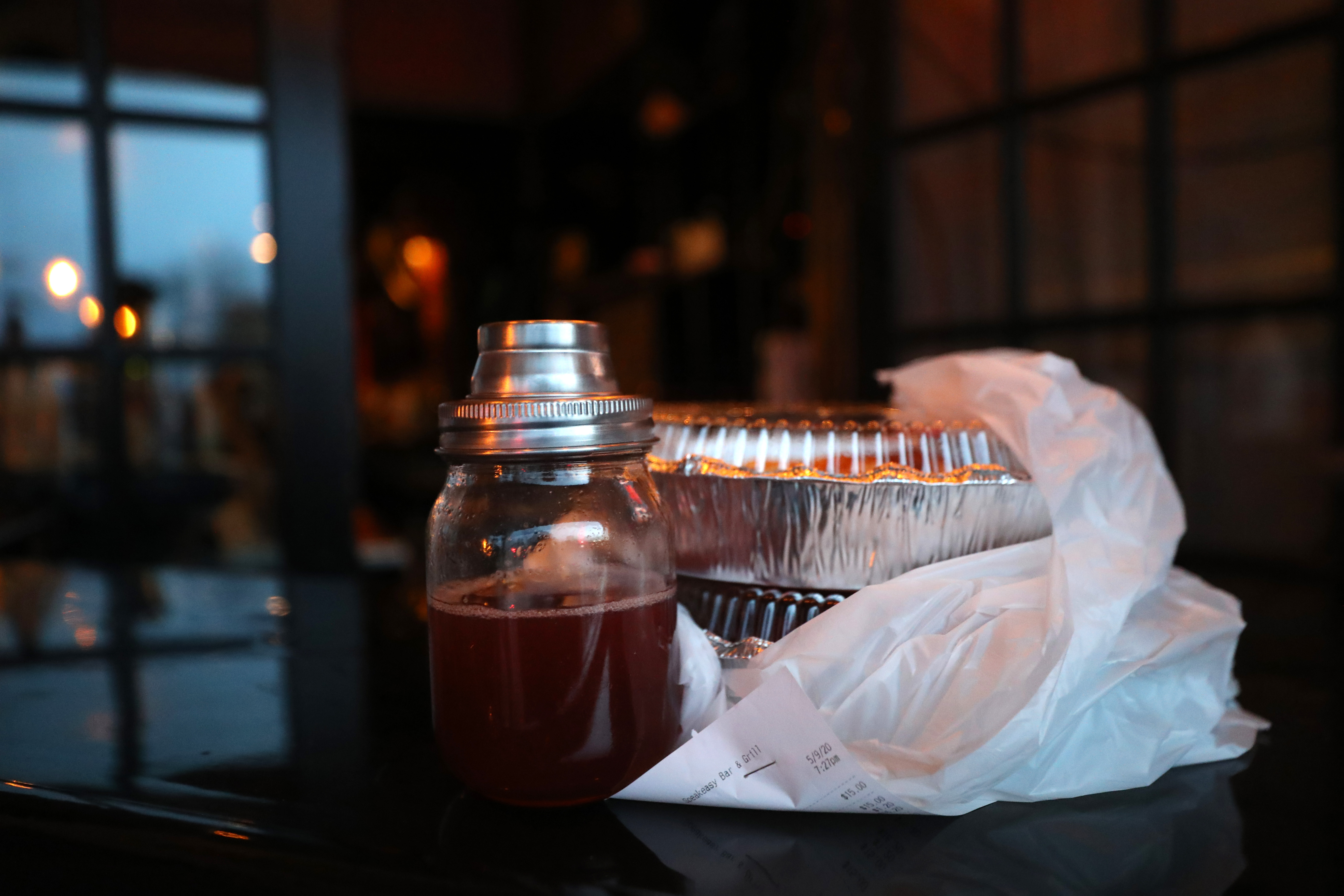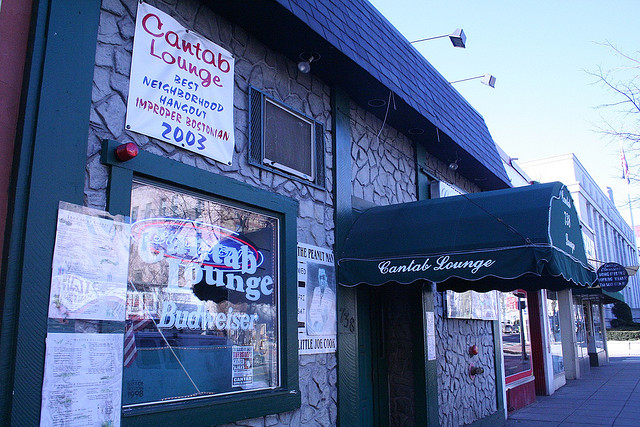Reaction is pouring in now that Massachusetts is officially allowing bars and restaurants to sell cocktails with takeout food orders.
While business owners are thrilled, they say they need a lot more relief to survive.
Massachusetts Gov. Charlie Baker signed the bill into law on Monday. It allows any restaurant or a bar with a liquor license to sell mixed drinks in sealed containers. Customers can purchase up to two drinks per entrée or 64 ounces total.
The law will be in effect until February of next year or when the state of emergency is lifted, whichever happens sooner.
At Chickadee restaurant in Boston, bartenders are already whipping up to-go margaritas and other bottled cocktails. Owner Ted Kilpatrick said it will be a big boost not only for the restaurant, but also their new pop-up bar, Mayday.
Listen to our free podcast, "The Dish I Miss," where Boston chefs explain what they miss cooking diners during the coronavirus crisis. It's on Apple Podcasts, Spotify or wherever you get your podcasts.
However, Kilpatrick cannot help but wonder why more than 30 other states beat the Massachusetts legislature to the to-go cocktail punch.
“I’m so glad it finally happened, but I think it’s just the embodiment of them not understanding the kind of trouble were in. We need these trickles of revenue streams to remain afloat,” Kilpatrick said.
Bar director Jackson Cannon of Eastern Standard and The Hawthorne in Kenmore Square helped lead the push to get it passed, but he says this is a small victory. The two bars he works with may never reopen and he says even more business will close if they do not get more relief.
“Payroll tax relief, PPPE subsidies and caps on third-party delivery services would be immeasurable help if we’re going to sustain this,” Cannon said.
Cannon hopes the state legislature will pass the rest of the restaurant relief bill and consider making to-go cocktails permanent. Places like Chickadee say they will need a lot more than to-go margaritas to stay afloat.
“It sounds like small potatoes, but this is what small businesses live and die on,” Kilpatrick said. “Restaurants are going to be hurting for a long time and we’re not equipped to get past this comfortably without some sort of support.”



